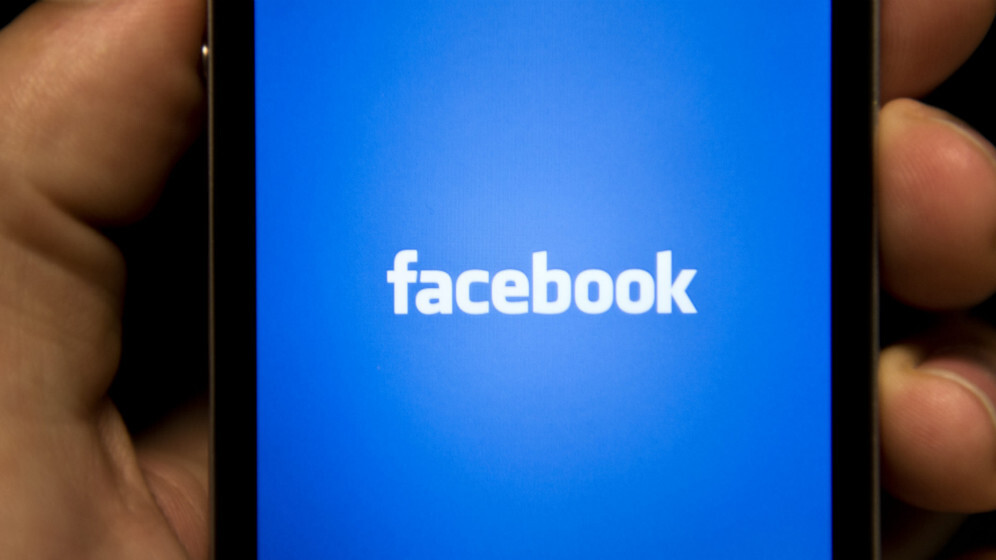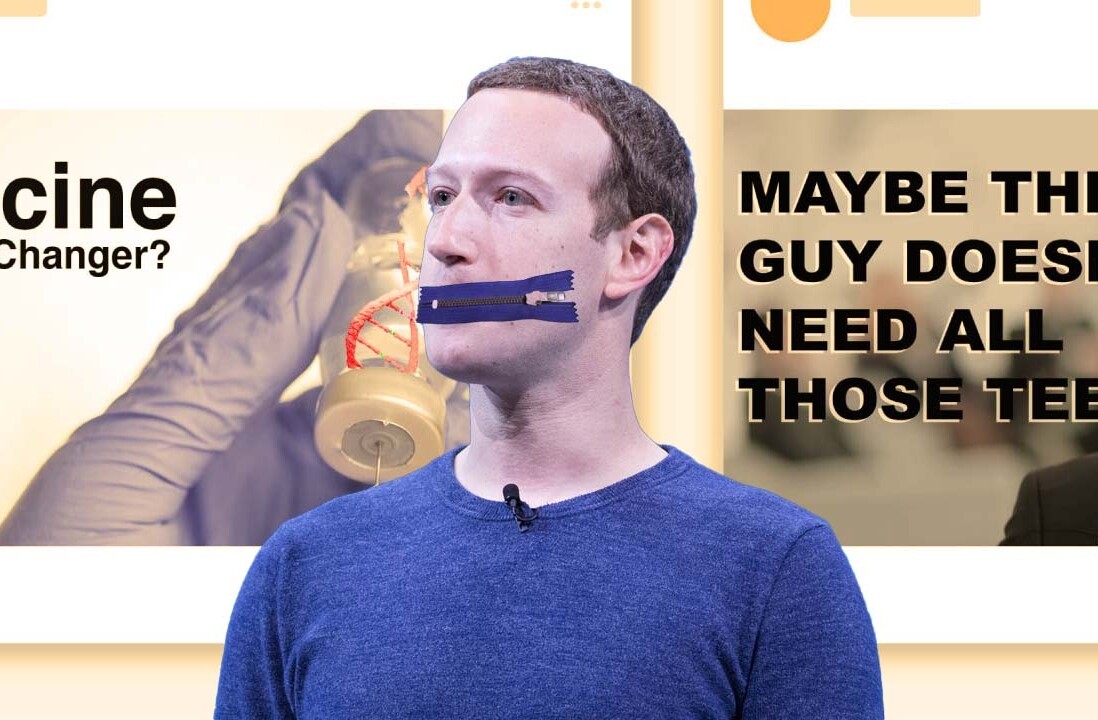
Facebook’s invitation for press to attend the unveiling of its “new home on Android” quickly led to apparently well-sourced reports from 9to5Google, TechCrunch and The New York Times that the company is set to announce the long-discussed ‘Facebook phone’ in conjunction with HTC, perhaps using a forked version of Android. The question is, would there be a significant market for such a device and operating system? Even if there isn’t, it could still be a win for Facebook.
If the reports of an Android fork are true, Facebook could well be doing what Amazon did with the Kindle Fire, repurposing Android to suit its own commercial aims. Whether what is revealed next week is as complete an overhaul as that remains to be seen, but Facebook could certainly do it, locking users further into its world in the process.
A smartphone OS needs to be able to:
- Make calls: Facebook has the ability to allow people to use its own VoIP service instead of a cellular network where possible.
- Send messages: Facebook can encourage use of its own Messages service instead of SMS or email where possible.
- Take and share photos and videos: Facebook obviously has plenty of experience here, most relevantly via its Camera app and Instagram.
- Offer third-party apps: Facebook has a mobile app ecosystem it can draw upon and already offers its own app store of sorts in the form of the App Center directory. Throw in more general Android app compatibility (even if developers may need to use Facebook’s own store instead of Google Play) and you have an offering at least on par with the Kindle Fire.
- Receive OS updates: Could those silent Android app updates Facebook has been trying recently be extended to a full OS?
Of course, smartphones need to do more than that, but if it’s building on top of Android, that all comes ready to use. What Facebook crucially has is the infrastructure to replace a lot of the essential features that users expect from a phone with its own offerings, woven tightly into the operating system.
The reason for Facebook to do this is obvious – as has been noted by the company many times, it needs to be as mobile-focused as possible to monetize its audience most effectively. A fully Facebook-centric OS would have the lock-in needed to keep people in Facebook’s world all the time, meaning more opportunities to advertise to them and to learn from their behavior.
How would the public react to a Facebook OS?
Read just about any Kindle Fire review and it will say something along the lines of “If you don’t mind being locked Amazon’s world, this is a good budget tablet.” Amazon hasn’t shared any Kindle Fire sales figures, which says a lot in itself and indicates that perhaps people aren’t too keen to be locked in like this. Sure, Apple and Google force you into doing things their way to an extent with iOS and Android, but whether anyone needs, or wants, to be locked into Facebook’s world to such an extent remains to be seen.
Would enough people jump at the chance to own a phone running a Facebook smartphone OS to make it commercially viable? That’s a tough one to predict. Facebook’s main mobile apps are among the most-downloaded of all time and the company’s own figures show that the number of people who exclusively access its service through mobile devices is on the rise. Still, user loyalty to Facebook for many may amount to no more than “I use it a lot because it’s where all my friends are.” As long as they can access Facebook on their existing phone, they’re happy. It’s part of the social plumbing of their lives, but do they really want it front and center every time the look at their phone?
Then there are the growing grumbles of discontent. Frequent concerns over Facebook privacy in the press seeds distrust amongst the public, while stories of a youth exodus of sorts from the platform indicate that kids may not be as attracted to it as they once were. The audience for a ‘Facebook phone’ may simply not be that large.
The Facebook mobile OS as a testing lab
It may not actually matter that much to Facebook if its hypothetical mobile OS wasn’t a mainstream success. Like other Silicon Valley giants, it’s a data-driven company that learns from the experience of tests on subsets of users. A Facebook mobile OS would be the perfect environment in which to learn from behavior of mobile users in an intensive way it simply cannot without having a full understanding of how they use their phones from when they wake up to when they go to sleep.
The lessons learned from the few people willing to throw themselves wholeheartedly into Facebook’s world could influence features and design in its other mobile apps, and it might just find out new ways to make money from all of its mobile users, too. That’s where the real value of a move like this would lie for the company.
Of course, Facebook may still not announce an HTC phone or a forked version of Android next week, but I’d be surprised if at least some of the thinking laid out above didn’t line up with whatever the company’s “new home on Android” is.
Image credit: AFP/Getty Images
Get the TNW newsletter
Get the most important tech news in your inbox each week.





